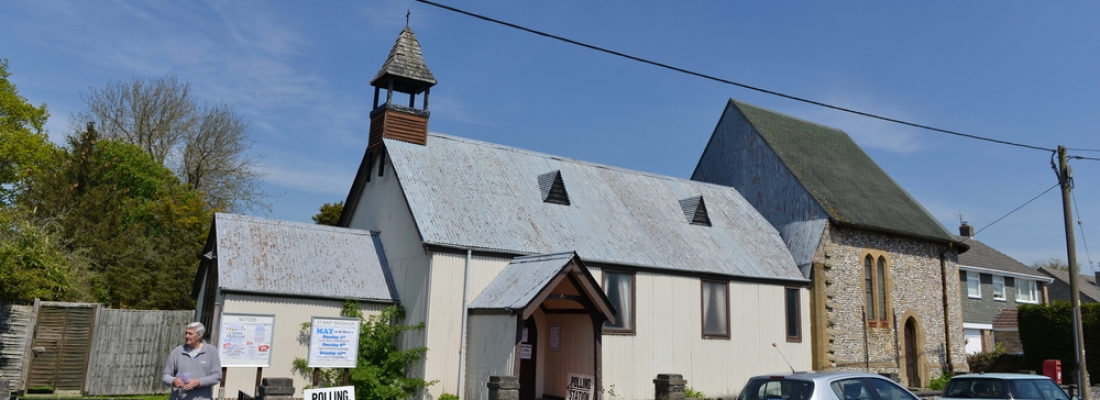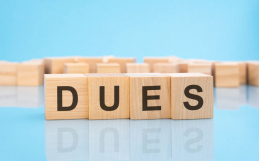Because they are conveniently located within communities, churches are often selected to serve as polling places during elections. There are plenty of interesting questions that can be asked about churches providing this service. Is a church inviting state interference in its affairs by acting as a polling place? And conversely, does the church setting create problems in the minds of some voters? These are questions that each church and community should think about. But as a practical matter, every church that will serve as a polling place needs to take care to avoid crossing lines that might be unlawful under federal or state voting laws.
Legal challenges have occasionally been raised regarding the use of churches as polling places under a theory that they violate the Establishment Clause of the First Amendment to the U.S. Constitution. To date the most important case addressing this question found that merely using a church as a polling place is a purely secular purpose, which doesn’t promote or inhibit religion or foster government entanglement in religion. Otero v. State Election Bd., 975 F.2d 738 (10th Cir. 1992).
The chief “issue” for churches that wish to serve as polling places probably isn’t that the church itself will be sued. In a genuine legal dispute involving the Establishment Clause the state or local voting authority will be the one facing the possibility of a lawsuit. At the same time, however, a church probably wants to avoid creating controversies that could, given the right set of facts, lead to tighter restrictions on churches acting as polling places.
One can draw upon the secular purpose piece in the Otero case as a guiding principle for churches. The voting process is, and should be, secular. Religious symbolism in the polling place can undermine this essential feature. Of course, a church doesn’t need to take radical steps to mask the fact that it’s a church. But there are some activities that might cross the poorly defined line, such as:
- Members of the church distributing religious literature to people who are standing in line.
- Placing voting booths where voters are directly confronted with religious symbolism while they vote (for example, placing booths in front of an altar rather than against a back wall).
- Displaying anything that could be construed as partisan in favor of a particular candidate or ballot measure. Note that this could jeopardize the church’s tax-exempt status under the Johnson Amendment, and is prohibited for members of the public who come to the polls as well.
It can be helpful to consult with local or state voting officials to avoid these kinds of mistakes. It may also be fruitful to get independent advice. After all, voting officials are not necessarily going to protect the interests of the church. The Church Law Center of California assists churches and other nonprofits with all aspects of governance. If your church is considering becoming a polling place and you would like to talk about how it might affect your liability, please reach out to us today. Call us at (949) 892-1221 or reach out to us through our contact page.






